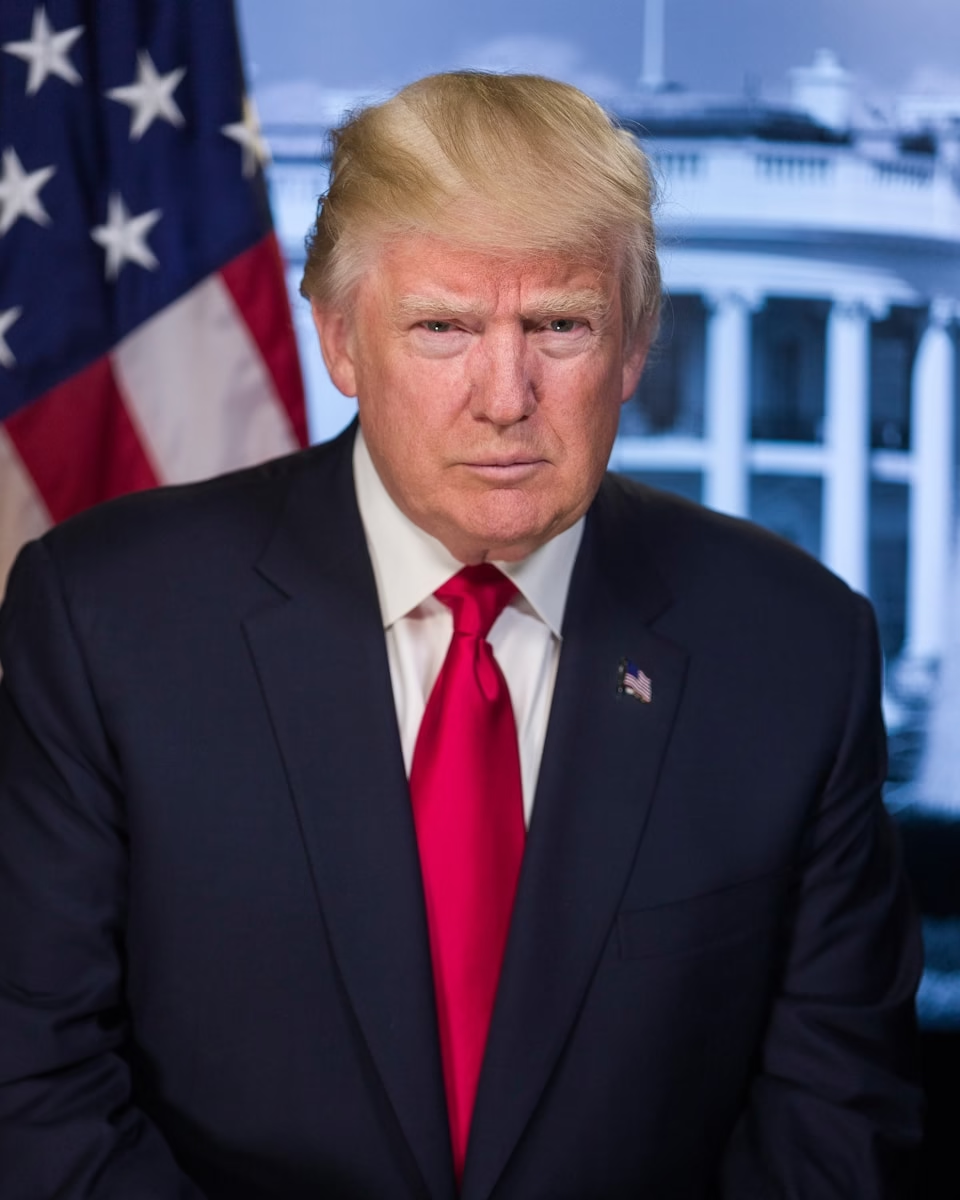Key Takeaways
• Republicans grow restless and want Trump to lead shutdown negotiations.
• Democrats demand health care subsidy extensions and budget safeguards.
• A breakthrough depends on new moves in the talks or big political shifts.
The government shutdown drags on with no clear end in sight. However, growing unrest in the GOP may change that. Now, some Republicans openly ask President Donald Trump to step in. They hope that direct talks led by Trump will jump-start shutdown negotiations.
Republicans Call for Trump’s Intervention
In recent days, several GOP lawmakers have suggested a bold new approach. They believe Trump can bridge the gap between both parties. So far, House Speaker Mike Johnson has led talks. Yet, frustration grows as time passes without progress.
Moreover, Republicans worry voters will blame them for the shutdown. They fear the stalemate hurts the economy and family budgets. Therefore, they want Trump to open a fresh chapter in the shutdown negotiations. Many argue his star power could shift the dynamic on Capitol Hill.
What Could Trump Change in Shutdown Negotiations
If Trump steps in, he might meet directly with Democratic leaders. He could push for compromises on health care subsidies while demanding border security measures. In turn, Democrats could drop their blockade for restoring normal government funding.
Furthermore, Trump might use his own team to craft a deal. For example, he could involve his chief of staff or former aides who trust him. This strategy could speed up discussions. As a result, lawmakers might find common ground more easily.
Sticking Points in Talks
Yet, deep disagreements still block progress. Democrats insist on extending subsidies that stabilize health insurance premiums under the Affordable Care Act. They want these subsidies written into law. Also, they ask for protection against the Office of Management and Budget director canceling programs without Congress’s ok.
On the other side, Republicans once claimed Democrats wanted to cover undocumented immigrants. Now, they say they are open to health care talks but only after the government reopens. This demand frustrates Democrats, who refuse to fund the government without safeguards first.
Possible Paths Forward
First, Trump could propose a short-term spending bill that includes health care subsidies. This bill might win bipartisan support and reopen agencies. Then, all sides could resume talks on longer-term matters like border security.
Second, Republicans could pass a clean continuing resolution. They might separate the subsidy fight into its own bill later. Democrats would win their subsidy protections now. Still, this path risks angering conservative members who demand strict conditions.
Third, both sides could agree to negotiate under Trump’s roof. They might hold talks at the White House or another neutral site. This setting could lower tensions and keep the media at bay.
Why the Shutdown Matters
This shutdown affects millions. Federal parks see fewer visitors. Social security checks still go out, but other programs stall. TSA lines at airports grow longer. Families wait for loans, visas, and permits.
Businesses also feel the pinch. Contractors lack payment and must halt work. Some small businesses depend on federal contracts that now sit idle. Therefore, the longer the shutdown lasts, the deeper the economic toll.
In the long run, public trust in Congress erodes. People grow tired of partisan fights. Next year’s elections might hinge on how lawmakers end the shutdown. Both parties want to avoid blame, but neither wants to back down first.
What Comes Next?
In the coming days, we will see if Trump accepts the call to lead. House Republicans may vote to shift control of talks to him. Meanwhile, Senate leaders might draft new bills to test the waters.
However, if Trump stays on the sidelines, the standoff could drag even longer. Both parties will likely keep campaigning to win public opinion. Town halls and press conferences will fill the news cycle.
On the other hand, if Trump steps in, a quick deal could follow. Yet, success is not guaranteed. He must balance demands from hard-liners and moderate Democrats. Plus, he faces criticism from both wings of his party.
Shutdown Negotiations: A Critical Moment
This moment may define Trump’s influence on Congress. It also shapes his standing among GOP voters. If he secures a deal, he will score a major win. Conversely, if talks fail, he could face fresh backlash.
Most importantly, Americans hope for an end. They want certainty, full paychecks, and open federal services. Shutdown negotiations that focus on practical solutions could restore faith in leadership.
As this story unfolds, all eyes rest on Washington. Can Trump rescue the process? Will Republicans unite behind his lead? Or will partisan divisions keep the shutdown locked in place? Only time will tell.
Frequently Asked Questions
How might Trump’s involvement change the talks?
Trump could bring fresh ideas and political weight. His direct role may push both sides toward compromise.
What do Democrats demand before funding the government?
They seek a firm promise to extend health insurance subsidies and block unilateral program cancellations.
Why are some Republicans unhappy with current leadership?
They worry that Speaker Johnson’s approach stalls progress and hurts the party’s image.
What happens if shutdown negotiations fail?
The shutdown will likely continue, deepening economic harm and public frustration.
